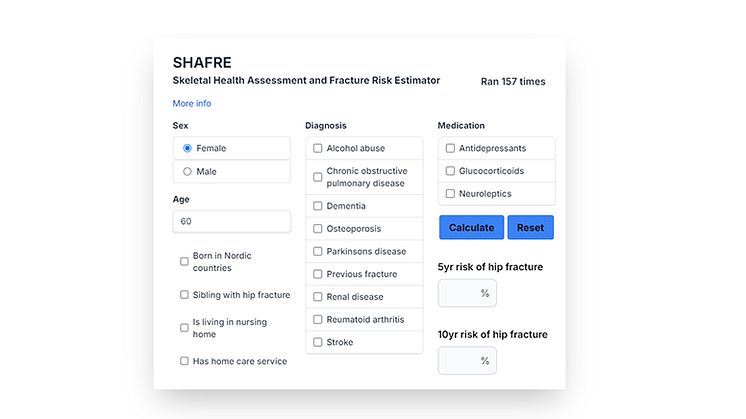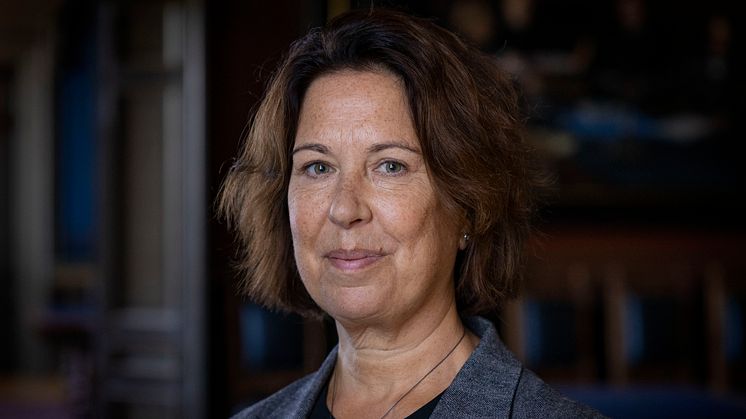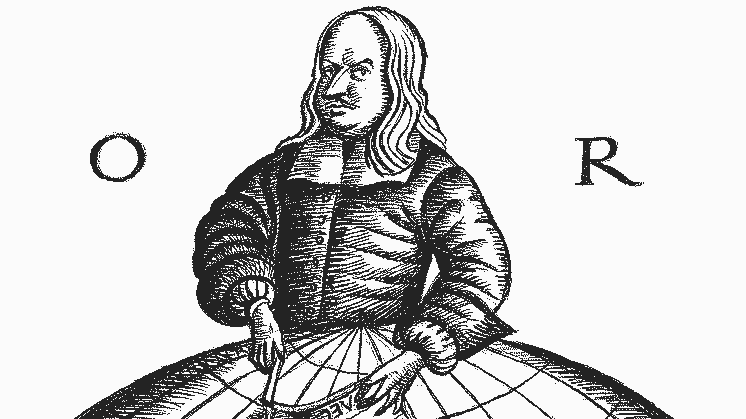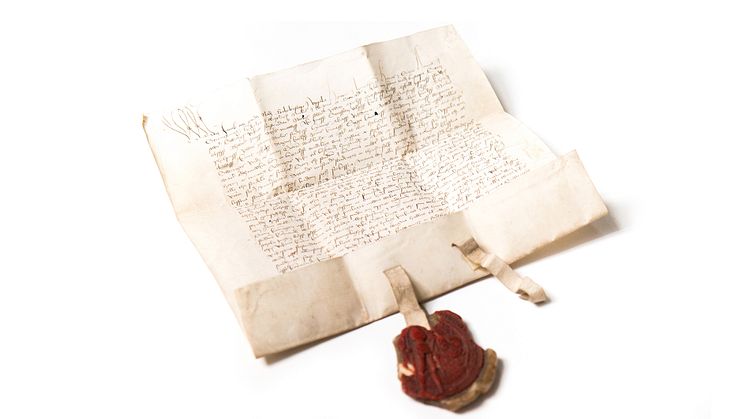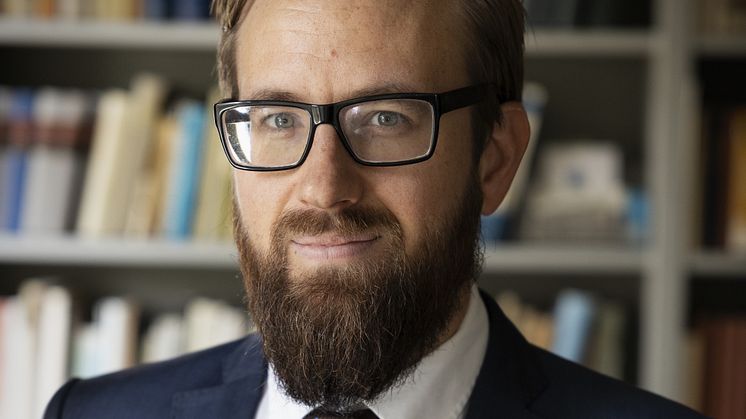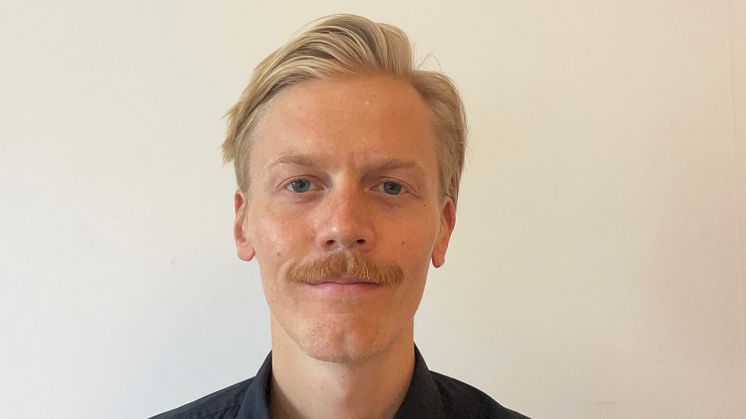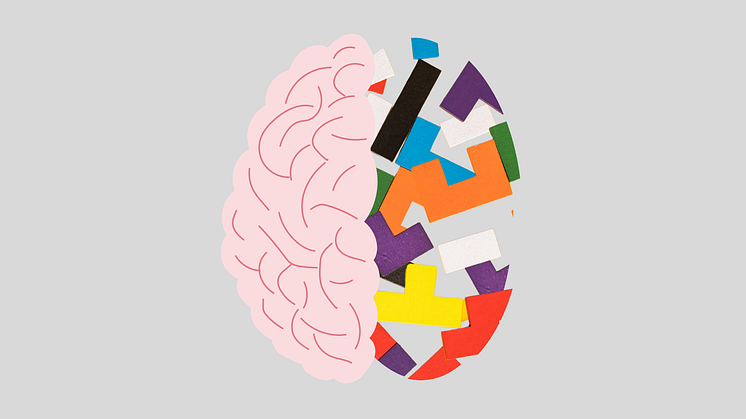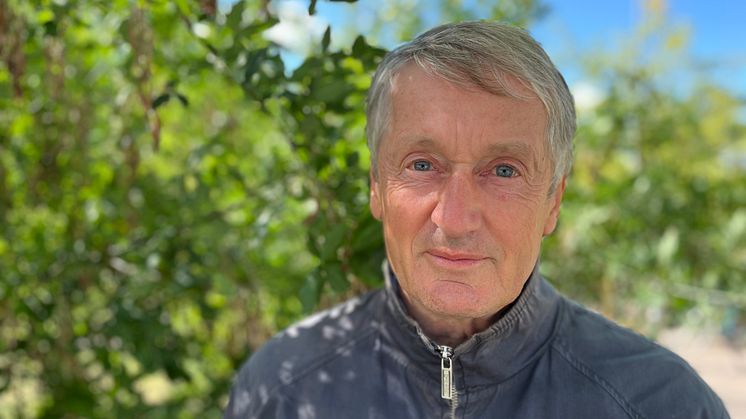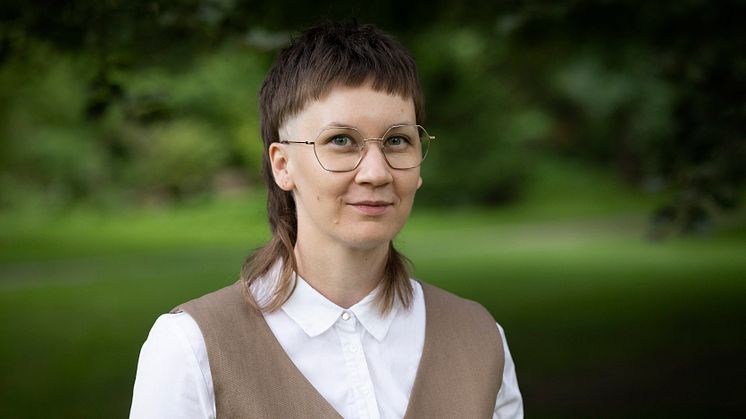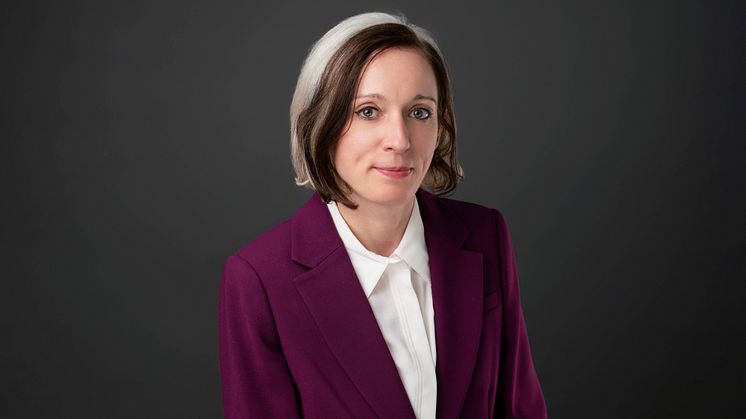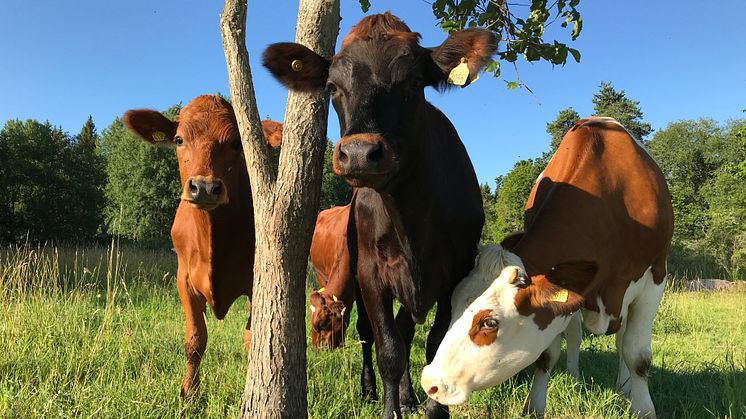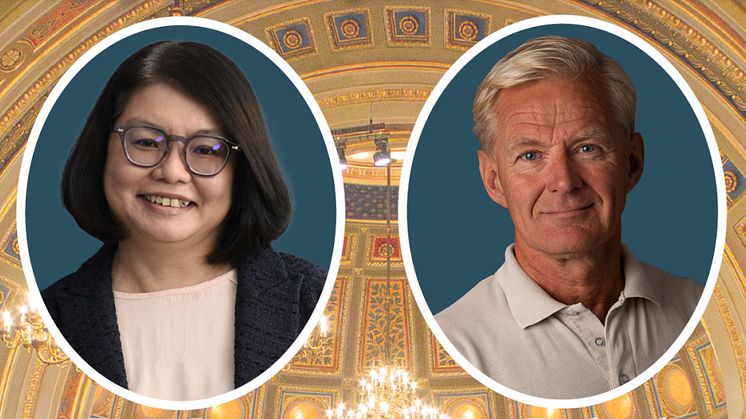New research model for predicting hip fractures could save lives
Researchers at Uppsala University have developed a clinical model that can accurately predict the risk of hip fractures in the elderly. The model is based on analyses of data from the entire Swedish population and can identify patients at high risk, without the need to measure skeletal strength. This can speed up the process for doctors and allow patients to receive preventive treatment.
